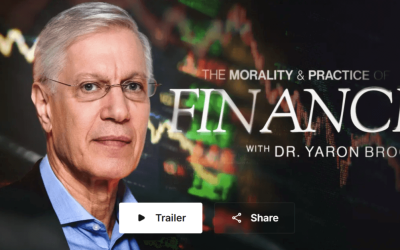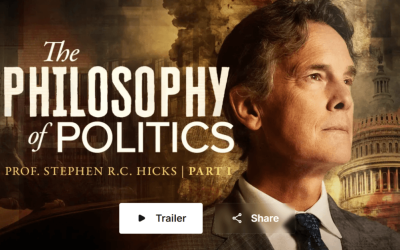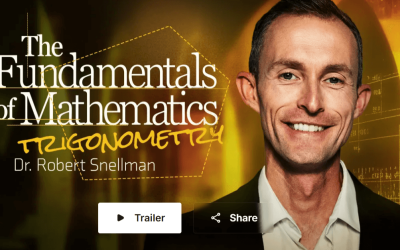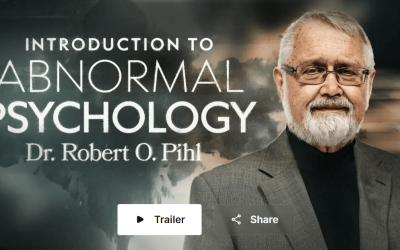🌟 New Year Offer 🌟
Celebrate 2025 with 30% OFF on all products! Use code: NEWYEAR2025. Hurry, offer ends soon!
A nine-hour course, Dr. Keith Campbell explores the complex nature of the self through historical, philosophical, and cultural perspectives.
File Size: 9.834 GB.
Format File: 8 MP4, 8 SRT, 9 TXT.
Peterson Academy – Keith Campbell – The Psychology of Self
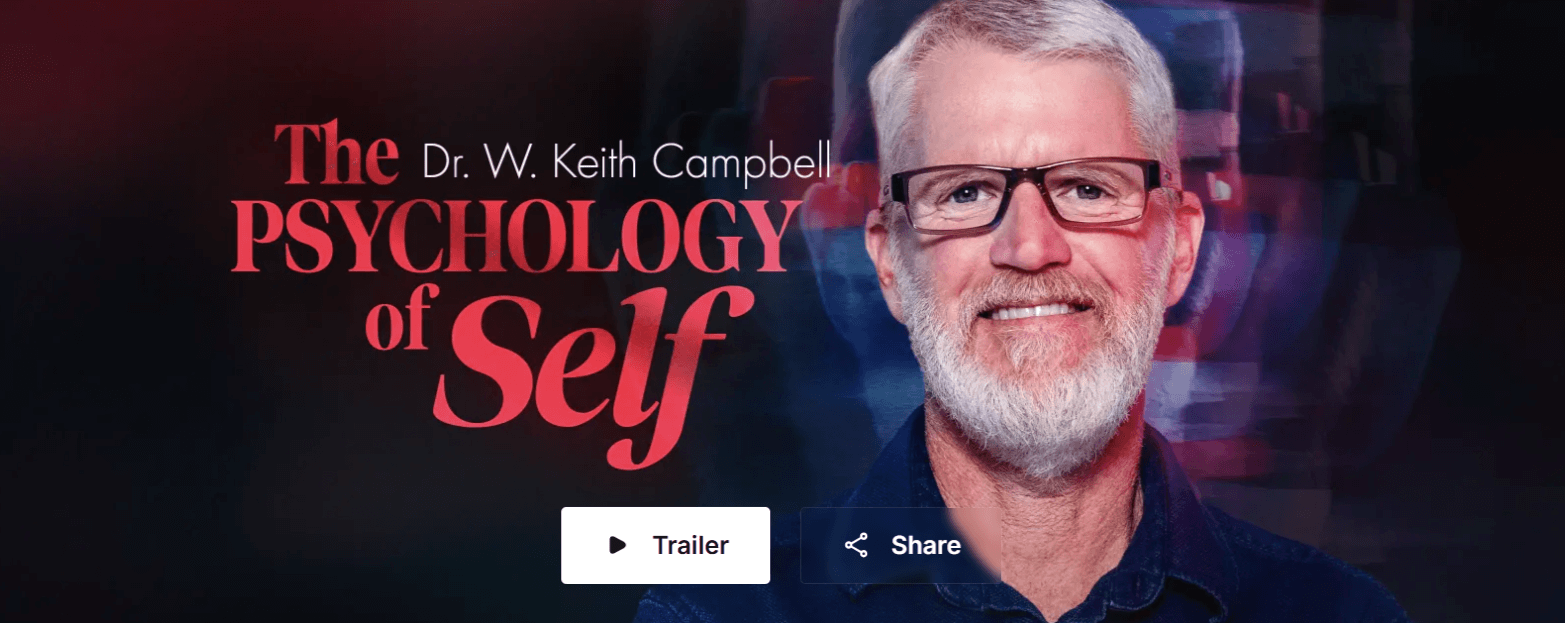
Dr. Keith Campbell
Psychologist
In The Psychology of Self, a nine-hour course, Dr. Keith Campbell explores the complex nature of the self through historical, philosophical, and cultural perspectives. The lectures explore topics such as the structure of the self, self-knowledge, self-regulation, self-esteem, the narrative and relational aspects of the self, and the pursuit of growth and transcendence. Throughout the course, Dr. Campbell emphasizes understanding the self as a complex adaptive system—constantly evolving through experiences, relationships, and the pursuit of personal growth—while highlighting both the challenges and opportunities for self-development in contemporary life.
Lectures

1. Perspectives on the Self
In our introductory lecture, Dr. Keith Campbell begins an exploration of the psychology of the self, examining its complex nature through various historical, philosophical, and cultural perspectives. The lecture delves into different conceptualizations of the self, and encompassing the self’s social nature, its performative aspects, and its potential connection to deeper spiritual dimensions. Finally, it highlights how these various perspectives continue to influence our contemporary understanding of human consciousness and identity.
2. Structure of the Self
In lecture two, we explore the structure of the self, examining both its cognitive organization and individual differences through personality traits and meta-traits. The discussion covers the dual nature of the self, cognitive models of self-concept, and the Big Five personality traits, while also addressing moral foundations and values as key components of self-structure. Dr. Campbell concludes by presenting the self as a complex adaptive system that is both conservative and difficult to change, yet constantly evolving through our experiences and observations.

3. Gaining Self-Knowledge
In lecture three, Dr. Campbell delineates the challenges and strategies for gaining self-knowledge, delving into the complexities of discovering our true selves. The discussion covers topics such as the influence of social feedback, defense mechanisms, the integration of the shadow self, and the role of existential experiences in shaping identity. Finally, the lecture covers the concept of authenticity and its connection to self-awareness, unbiased processing, behavioral congruence, and relational orientation.


5. Understanding Self-Esteem
In lecture five, we study the concept of self-esteem, its origins, and the role of self-enhancement in maintaining a positive self-evaluation. The discussion covers various forms of self-esteem, as well as the impact of early attachment experiences and cultural influences on its development. Dr. Campbell also delves into common self-enhancement strategies, such as the self-serving bias and better-than-average effect, and examines the benefits and costs of self-enhancement, emphasizing the importance of balancing self-esteem with self-compassion and mindfulness for personal growth and healthy relationships.
6. The Narrative Self
In lecture six, we explore the concept of the self as a narrative, drawing upon literary and psychological perspectives to understand how our life stories shape our identities. The lecture delves into the performative aspects of the self, examining the roles of front stage and backstage, personal fronts, and identity negotiation in our daily interactions. The hero’s journey emerges as a central narrative structure, with Dr. Campbell breaking down its key components and discussing its psychological benefits in providing purpose, meaning, and growth.
7. Self in Society
In lecture seven, we investigate the relational nature of the self, examining how individuals connect with others through dyadic relationships, group dynamics, and cultural contexts. The discussion covers various theories of interpersonal connection, including attachment theory, reciprocal self-disclosure, and self-expansion in relationships, while also examining how cultural and environmental factors shape self-concept across different societies. The lecture concludes by addressing contemporary trends toward increasing individualism and its implications for social connection and loneliness in modern society.
8. Paths to Self-Growth
In our eighth and final lecture, we learn about the concepts of growth and transcendence, examining how individuals develop from basic maturation to higher levels of self-actualization and self-transcendence. The discussion covers various paths to personal development, including traditional adult maturation, mystical experiences, and psychedelic-induced transformations, while emphasizing the challenges and opportunities of pursuing personal growth in modern society. Dr. Campbell concludes the course by highlighting the importance of understanding and losing oneself to connect with something greater.
Course Features
- Lectures 0
- Quizzes 0
- Duration 10 weeks
- Skill level All levels
- Language English
- Students 73
- Assessments Yes





